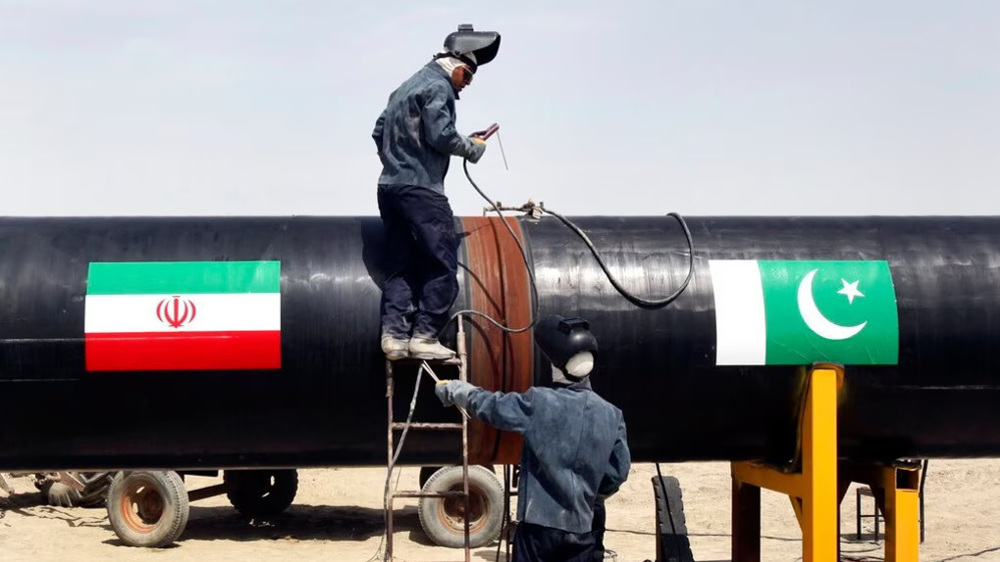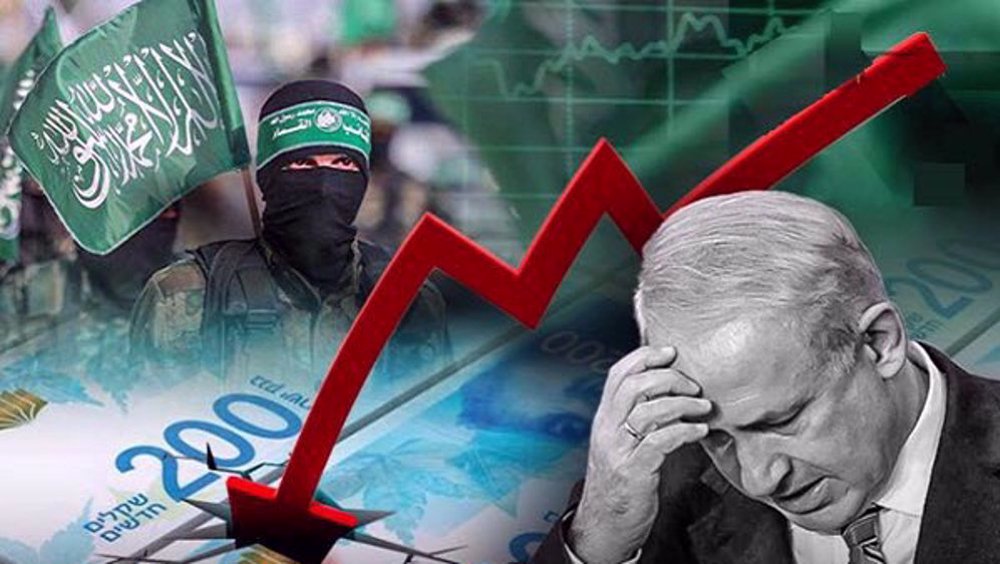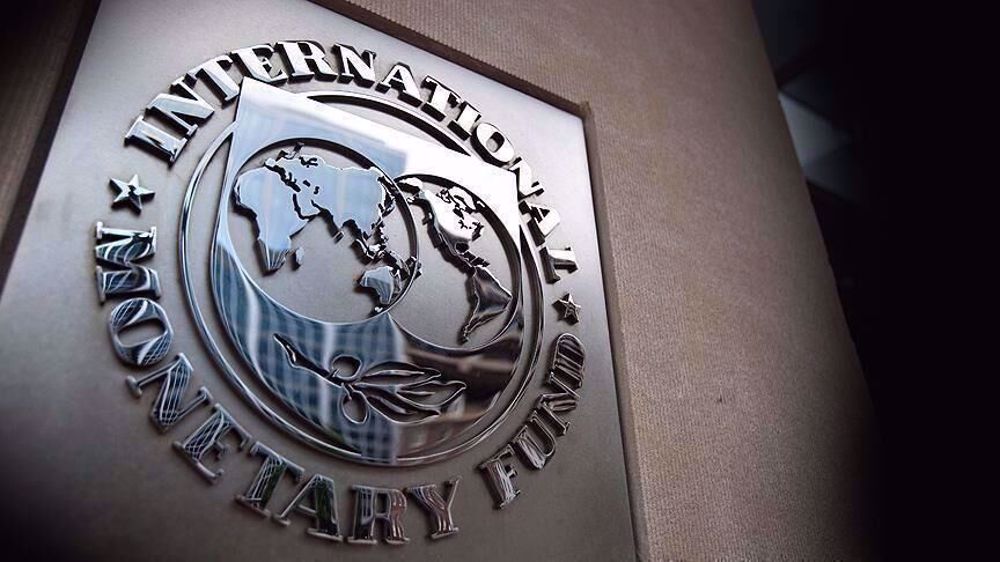OPEC not losing market control to US shale oil: Analysts
Oil industry analysts say despite fears among member states of the Organization of the Petroleum Exporting Countries (OPEC) about losing market control, the organization is still the dominant player in global oil market.
During its latest ministerial meeting in the Austrian capital, Vienna, OPEC decided to keep its output unchanged, with observers believing that the decision reflects fears inside OPEC about the growing influence of booming US shale oil industry, AFP reported.
"OPEC members continue to play a key role in the current conditions of the oil market," said senior energy analyst, Myrto Sokou, at the Sucden brokerage in London.
He added, "We cannot necessarily say that OPEC is losing its … influence on oil prices to the US shale production. OPEC still has very significant influence over the current crude oil prices.”
The 12-nation OPEC changed its production strategy in November 2014 to lower oil prices, thus hurting high-cost US shale oil producers, whose operations will be only profitable in the event of high prices.

“However, the US shale oil production continued to increase strongly during the last few months and it is definitely something we need to keep an eye on in the near term," Sokou said.
The United States has increased its shale oil production considerably during recent months and is currently producing 5 million barrels per day (bpd) of the product, which has also greatly reduced the country’s dependence on oil imports from the Middle East.
Downplaying reports that the US shale oil boom can weaken OPEC's standing in the market, Capital Economics commodities analyst, Thomas Pugh, said, "I don't think it's fair to say that OPEC is losing influence to the United States."
"Production in the two regions is managed very differently. OPEC can take strategic decisions to manage output to manipulate prices, whereas US production is controlled by hundreds of small firms who manage production based on market conditions," he added.
The analyst also noted that OPEC is obviously still in control of a much larger share of the oil market than the US, “but if the US could act as one oil producer, in the same way that the Persian Gulf states do, it would make it significantly more powerful."

OPEC gave up its traditional effort to support high prices to increase its revenues, instead maintaining its production ceiling unchanged at 30 million bpd. The change in policy came despite pressures on the oil market and a global oil supply glut, which is also in part a result of high US shale oil production.
During its latest ministerial meeting in Vienna, OPEC producers decided to maintain the production at the present level, triggering speculations about the increasing influence of US shale oil on the global market.
"OPEC is clearly in defense mode as it tries to maintain market share by pumping more oil than is needed," Fawad Razaqzada, technical analyst at trading website FOREX.com, told AFP, adding that although the organization "is losing some influence to the US shale oil market and to a lesser degree Russia, … it still remains a dominant force -- just not as powerful as before."
SS/SS
Iran urges Security Council to address 'belligerent' Israeli atrocities
VIDEO | Leader meets workers on Labor Week
French police called in to break up US-style pro-Palestinian student demo
VIDEO | US continues starving Syrians, stealing their resources
Yemeni forces strike Israeli ship, Port of Eilat in solidarity with Gaza
Columbia, Yale students bent on ending US support for Israeli genocide
VIDEO | Genocide in Gaza
Iran calls on BRICS to play role in stopping Israeli crimes










 This makes it easy to access the Press TV website
This makes it easy to access the Press TV website